Heritage sites

Dip into the past at one of these sites and you’ll learn about the heritage and history that makes us who we are today. We own these fascinating sites and partner with other organisations to make them a truly memorable day out.
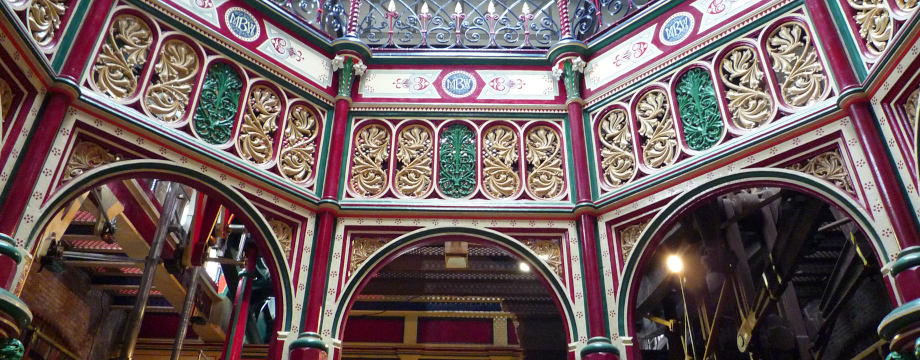
Crossness Engines Trust
Crossness is a decommissioned pumping station. It's home to some of the most revolutionary Victorian cast ironwork in the world.
Marvel at the multi-coloured metals and sheer grandness of a bygone era as you wander through. Young minds can fire up their imagination in the Engine House with a free, hands-on activity.
Step-free access and disabled toilets available. View more accessibility information for Crossness.
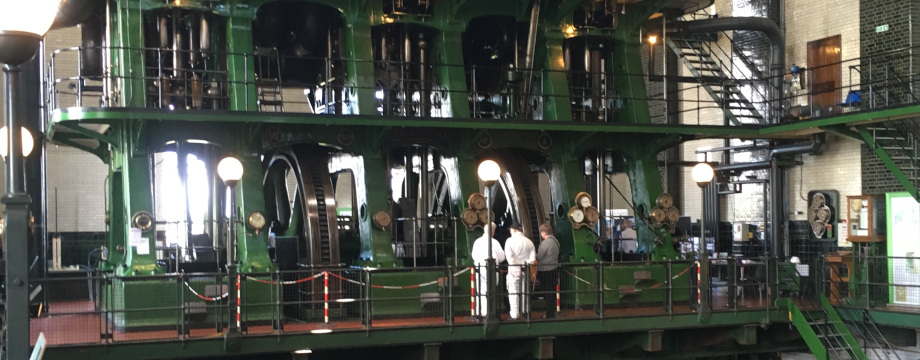
Kempton Steam Museum
All aboard! The Sir William Prescott is the world’s largest triple expansion steam engine. It used to run 24/7 but it’s now taking a well-earned rest in the Kempton Steam Museum. This is located at our decommissioned Kempton pumping station.
We also have events with classic cars, model boats, steam rollers and arts and crafts.
Accessible lift to main floor and disabled toilet available.
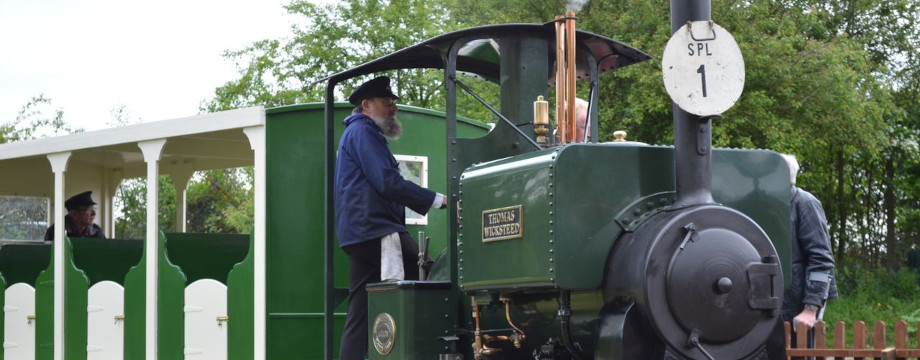
Hampton to Kempton Waterworks Railway
Continue your day with a ride on our narrow-gauge railway around the Hanworth loop. It’s just next door to the Kempton Steam Museum!
This track played an important role, supplying clean water to London in the 1900s. It’s a fascinating and fun ride for train lovers of all ages.
Specially adapted compartment for a wheelchairs and disabled toilet available. View more accessibility information for the railway.
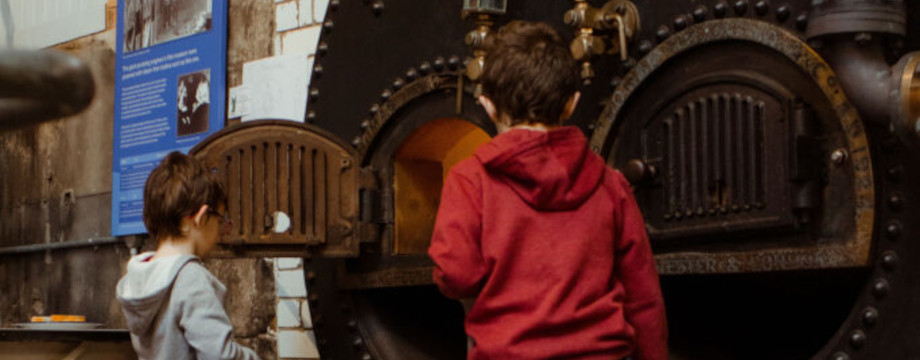
London Museum of Water and Steam
Immerse yourself in the story of London’s water supply, at Kew. Take a fascinating journey through tunnels and walk-through sewers.
There are some new interactive exhibits and kids can enjoy splashy fun in our Waterwheel Courtyard. Turning on the tap will never be the same again!
Step free routes and disabled toilet available. View more accessibility information for the museum.

New River Path
It’s not new, and it’s not a river! The New River is an aqueduct opened in 1613 to bring drinking water from Hertfordshire to London.
These days, you can take a walk along the 28-mile footpath that runs by it. Stroll along short sections or stride out and complete the stretch. It winds past historical sights and rural villages into city skylines.
Mostly grass path, with some hardcore surfaces in areas.
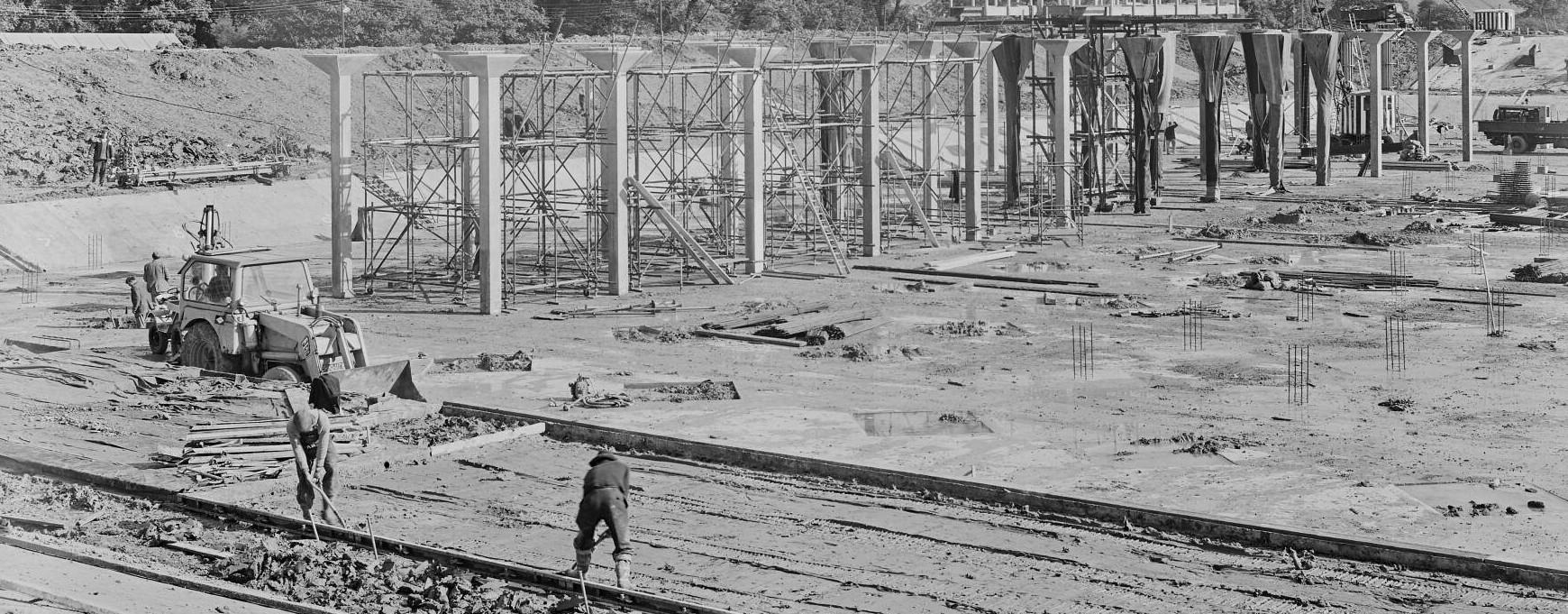
More ways to uncover our heritage
How about getting access to some hidden gems?
The Thames Water Archive houses a rare collection of photographs and documents. They chart the history of London’s water and sewerage legacy over the past 150 years.
This digital archive ensures these wonderful items are available for anyone to view. It also preserves the originals for future generations.
Other sites
Learn about the heritage of some of our other sites.